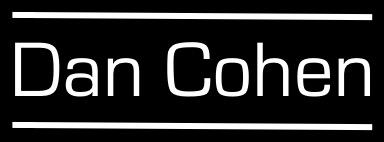Today is the 200th anniversary of George Boole’s birth, and he certainly merits a big celebration at University College Cork, where he was the first professor of mathematics, and even that rare honor: a Google Doodle. The focus has been on his technical breakthroughs, since his brilliant advances in mathematics and logic formed the foundation of modern computing.
But on this bicentennial it’s also worth looking at the emotional motivation behind Boole’s supposedly dispassionate technical work—and at ourselves in the mirror. As I wrote in my book Equations from God: Pure Mathematics and Victorian Faith, Boole lived in a time of painful polarization, unfortunately not so dissimilar to ours. While his attention was on religion rather than politics (although those were intertwined, as they are in our day), Boole found the divisiveness unrelenting and sorely lacking in compassion.
My thesis, documented in his notebooks and letters home, and in his published articles and books—his Laws of Thought includes as much about social and philosophical concerns as it does mathematics—is that Boole saw his logic as a way to transcend the overwrought differences of his time to find an ecumenical way to work together toward divine truth. Boole hated that it had become so hard for opposing sides to talk to each other about many issues, and that even minor distinctions were amplified by the modes of discourse and by everyone’s quick jumps to strong opinion and judgment.
Boole’s contemporary and fellow mathematical logician Augustus De Morgan summarized the problem when he wrote that if you asked someone if the craters were larger on the dark side of the moon than on the side we can see, “The odds are, that though he has never thought of the question, he has a pretty stiff opinion in three seconds.” To counter this dogmatism, Boole and De Morgan not only created symbolic logic, but also through their generous interactions with those of many sects and faiths, tried to be true to the spirit of their work.
So today let us honor George Boole the mathematician, but also George Boole the human being. His entreaties to respect all sides, to be charitable with those with whom you disagree, to not jump to conclusions but instead to pause and think carefully first, to try to find a way bridge divides—these are all too rare qualities in our age as well as his.
